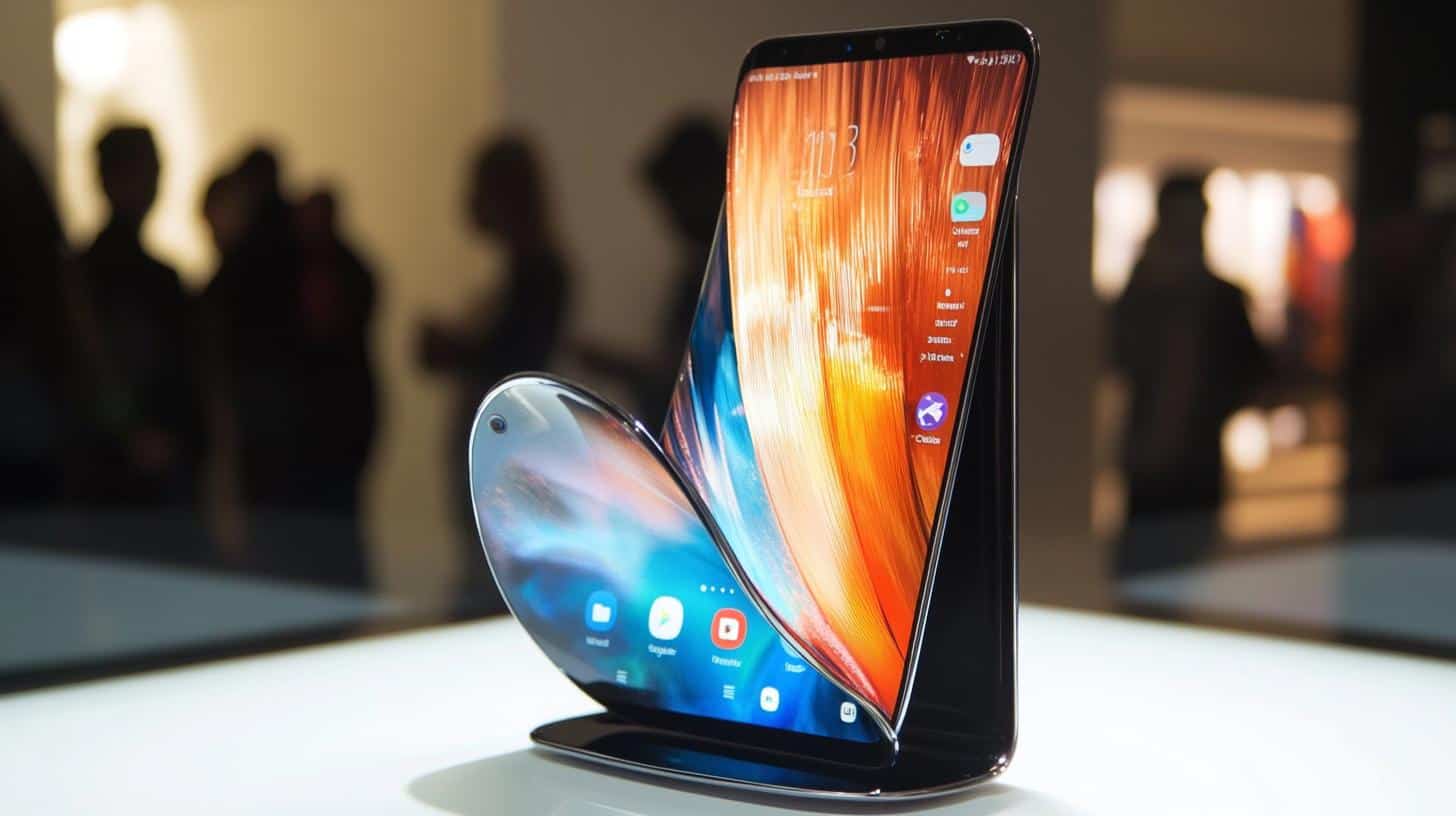Samsung is accelerating its expansion into wearable technology with the potential release of a second-generation smart ring. Following the introduction of the initial Galaxy Ring in July, targeting the Indian market, the tech giant from South Korea is rumored to be gearing up for the debut of the Galaxy Ring 2.
Exciting Rumors Leak Surprise News
Although Samsung has not disclosed specific launch details, speculation is rampant due to a leak from Korean blogger yeux1122, reported by Techradar. This has led to anticipation of an earlier release than initially predicted for the Galaxy Ring 2. However, it remains unknown if Samsung plans to introduce the new device separately or as part of a grand unveiling alongside the anticipated Galaxy S25 series. No confirmed timeline has emerged, keeping consumers guessing.
What Could Be New?
While exact features of the Galaxy Ring 2 remain under wraps, there’s buzz about significant enhancements. Insiders suggest Samsung is working on a sleeker design and increased battery capacity, addressing feedback from the first model, which lasts up to seven days on a single charge. Improvements may also come in the form of enhanced compatibility with Samsung’s Galaxy smartphones, promising a more integrated experience for tech enthusiasts.
A Look Back at Galaxy Ring
Samsung’s original Galaxy Ring was praised for its compact, lightweight design, and availability in nine sizes, with the smallest weighing a mere 2.3 grams. As Samsung continues to grow its wearable tech lineup, expectations for the Galaxy Ring 2 include refined design elements and superior performance features aimed at advancing their wearable innovations.
Is the Smart Ring Revolution Just Around the Corner?
Wearable technology has rapidly transformed from a tech novelty to an essential part of our daily lives, impacting not just personal convenience but also health monitoring and connectivity. While most are familiar with smartwatches, the rise of smart rings marks a novel frontier in wearables, presenting both opportunities and challenges.
Transformative Impact on Health Monitoring
Smart rings have the potential to revolutionize health tracking. Unlike larger wearables, rings provide a discreet method for monitoring vital statistics such as heart rate, sleep patterns, and even blood oxygen levels. Their constant skin contact and less intrusive form make them ideal candidates for continuous health monitoring. Medical researchers are enthused about the possibilities the technology holds for chronic disease management and early warning systems for medical intervention.
Benefits for the Everyday User
For general consumers, smart rings offer the flexibility of receiving notifications and controlling smart home devices without the need to pull out a phone. This level of convenience can enhance everyday efficiency and is appealing to those who prefer a minimalist approach to technology.
Challenges and Controversies
However, with the rise of these devices, privacy concerns are at the forefront. Smart rings, by their nature, gather a host of personal data. Questions are being raised about how this data might be stored, shared, and who ultimately has access. Critics argue that without stringent regulatory guidelines, the widespread adoption of smart rings could spark significant privacy invasions.
Environmental Considerations
On an environmental note, the production of such high-tech devices poses concerns. As with any electronic device, their production, use, and eventual disposal contribute to electronic waste. Consumers and manufacturers alike must grapple with the environmental impact as the technology becomes more widespread.
The Economic Impact on Communities and Countries
Economically, the proliferation of wearable technologies like smart rings could stimulate global and local economies. Tech hubs can see job creation in research, design, and production sectors. Countries that focus on tech innovation could witness increased investments and a boost in their GDP from the tech industry.
Are Consumers Ready for Smart Rings?
As Samsung hones its approach with the upcoming Galaxy Ring 2, one might ask: Are consumers ready for this next step in wearable tech evolution? While some early adopters may eagerly embrace the innovation, broader acceptance will depend on pricing, perceived necessity, and trust in the privacy and utility of these devices.
Conclusion
The trajectory of smart rings is clear—they are set to become more than just a novelty. As manufacturers like Samsung push for advancements, how these rings integrate into our lives depends on ongoing consumer adoption, privacy enhancements, and addressing environmental impacts.
For more information on wearable technology trends and consumer electronics, the websites of CNET and The Verge provide in-depth coverage and reviews.







